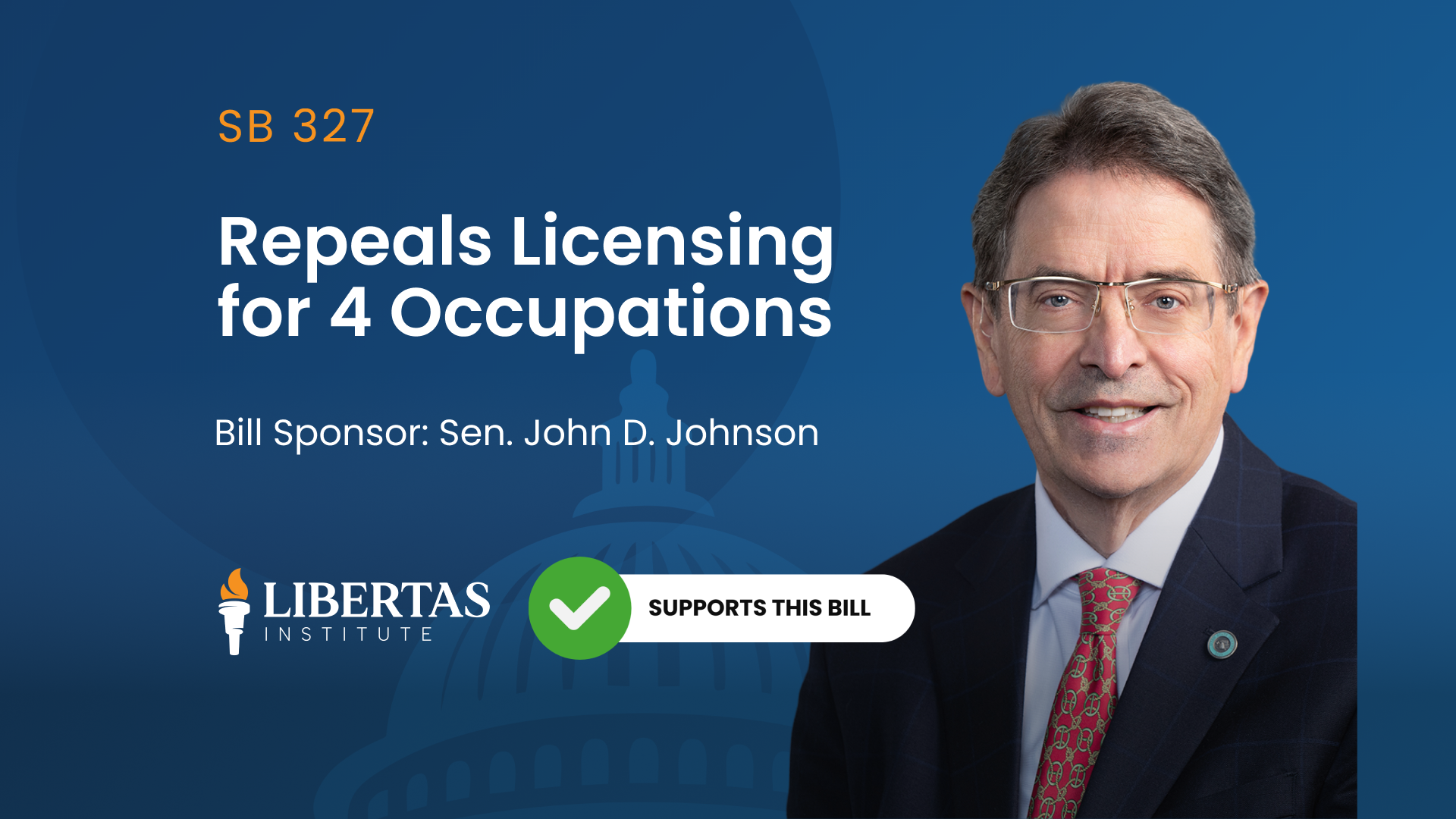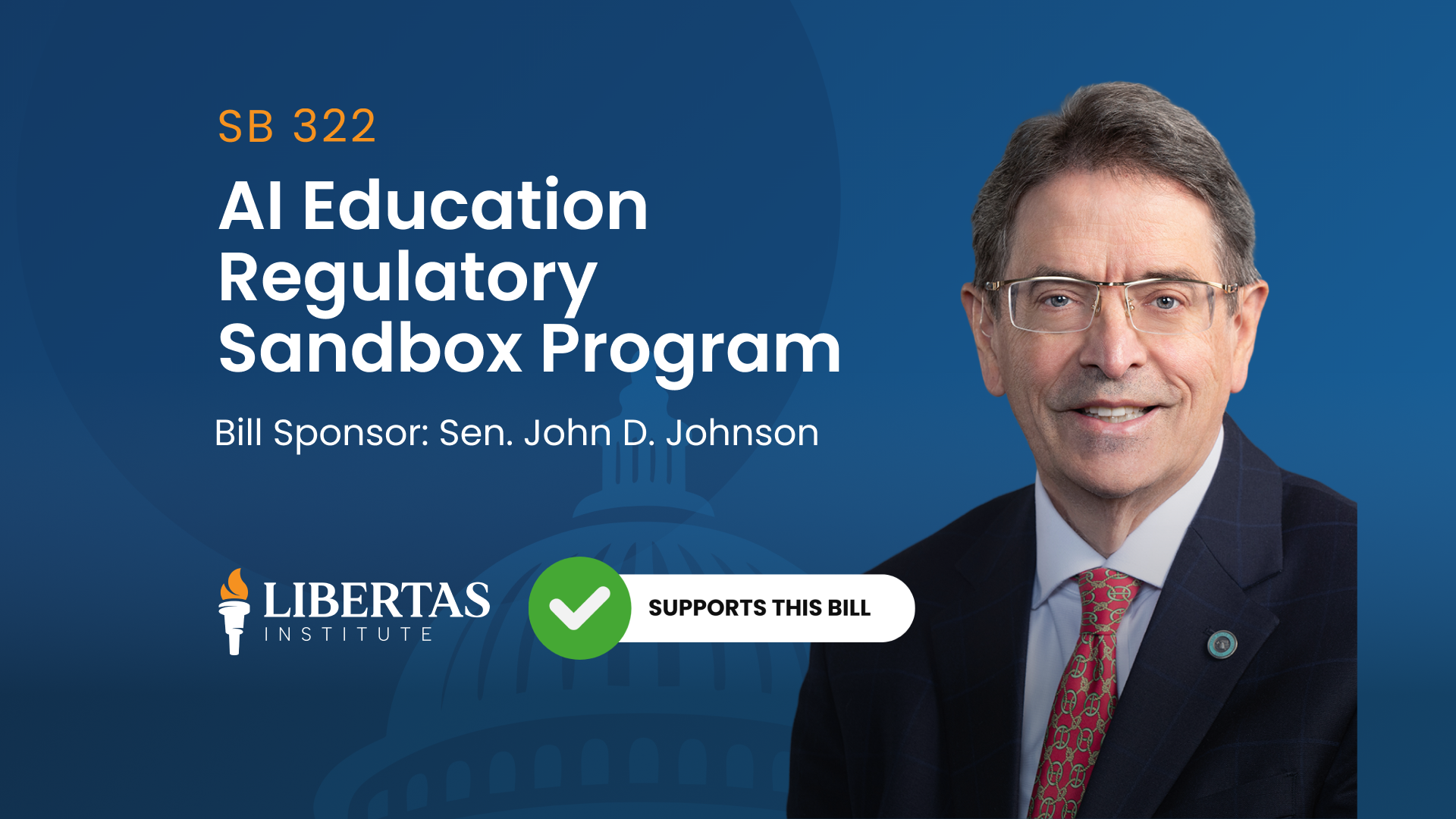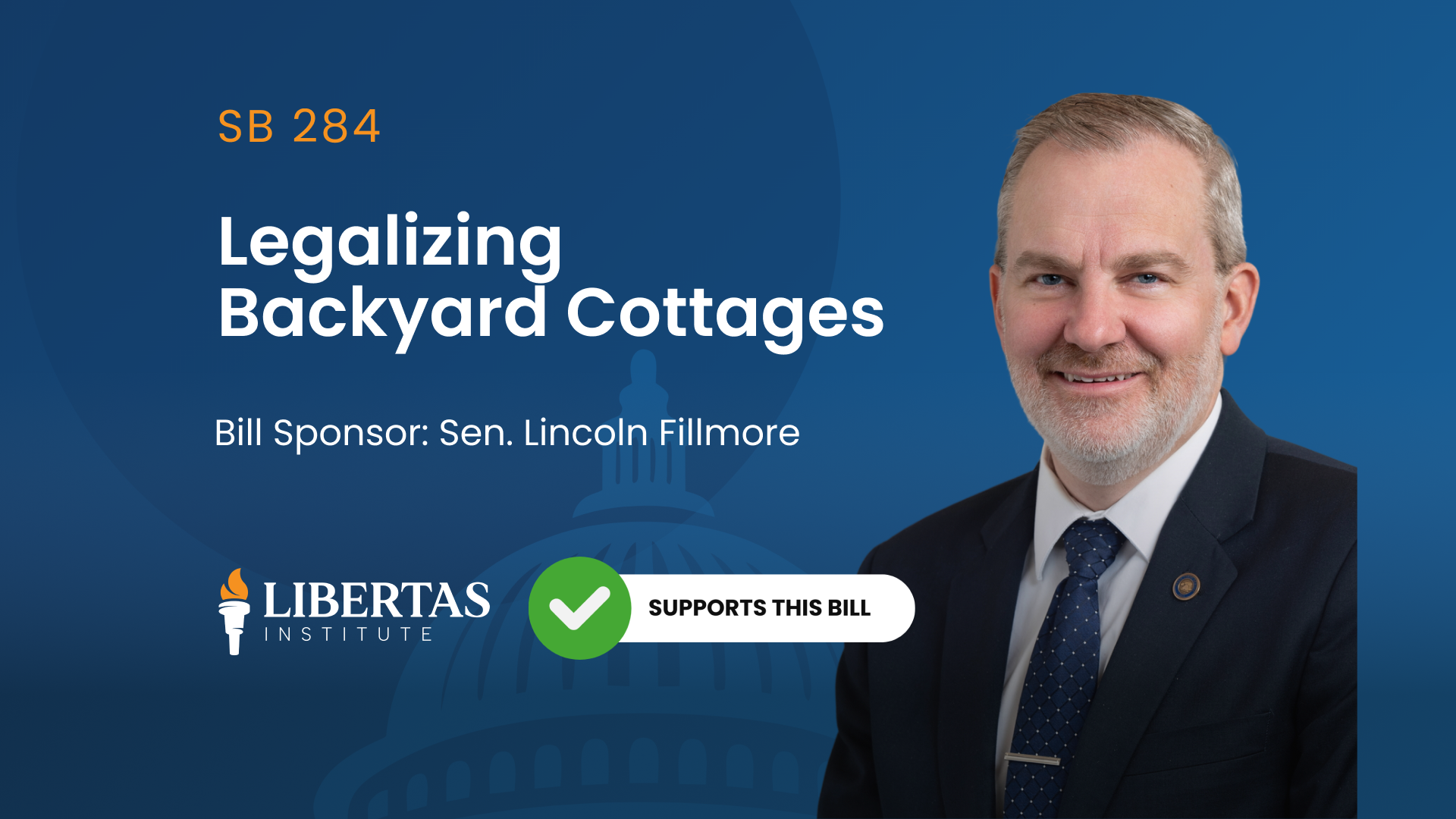This bill failed in the House 32-41. Libertas Institute opposes this bill
In past years the Legislature has severely restricted the means by which Utahns operating vehicles may use a mobile device. One unfortunate consequence has been that drivers continue using phones yet, to avoid criminal prosecution, do so down in their laps, out of the line of sight, so the phone is not seen by passing police officers—rather than keeping the phone in their line of sight. Insurance industry research has shown that cell phone bans have in this way made the roads more dangerous.
Representative Carol Spackman Moss has sponsored House Bill 13 to completely prohibit holding a phone while driving. Law enforcement executives have complained that the existing law is difficult to enforce, and some have already lined up in support of this proposal.
HB13 states that “an individual may not hold or use a handheld wireless communication device while operating a moving motor vehicle,” which an exception made for “hands-free operation” or limited cases such as reporting a crime or during an emergency.
Still, the hands-free operation is not legally allowed for viewing or recording a video, or reading a text message or email.
Hands-free operation has not been shown to be a safer task for a driver. In fact there are many distracting tasks that drivers commonly engage in that are just as, if not more dangerous, but society doesn’t seek to criminalize that behavior.
Criminally punishing the mere holding of a phone is unnecessarily excessive and a significant over-criminalization of an activity that only accounts for the cause of just over 1 percent of highway fatalities.




